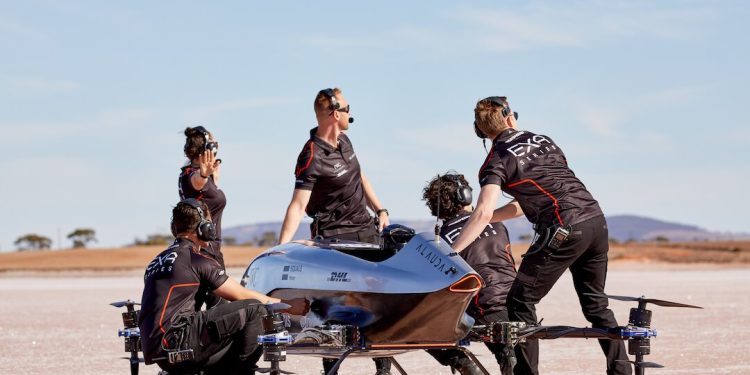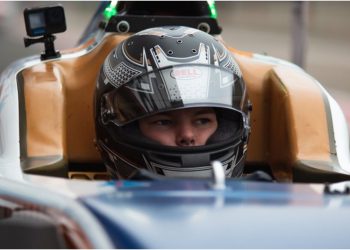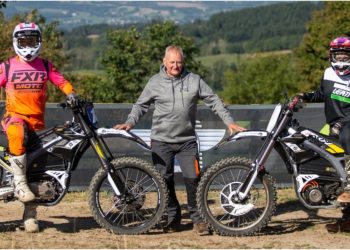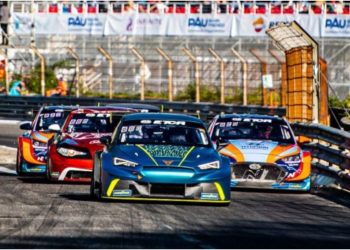If 2021 left Airspeeder with anything, it is the certainty that the world’s first series of electric flying cars is no longer utopia, and is getting closer to reality.
Three unmanned races were held during the year, as it is still too early to risk putting a pilot in the vehicle, while experts continue to collect data to optimize the development of the MK3 regarding speed, reliability and safety.
Back in August, the innovative category unveiled official footage from the first flight, showing the audience the first-person view experience of the craft.
Read also: WES World E-Bike Series Managing Director Promises Three New Venues by 2022
Airspeeder successfully took over the skies with the official full-scale unmanned expeditions of the electric Alauda Mk3, in South Australian airspace. The prototype was manufactured by Alauda Aeronautic, the company responsible for all the technology to be used in the tournament.
These historic first flights were under the scrutiny of the Australian Civil Aviation Safety Authority (CASA). Throughout the development process, the Alauda team worked with the regulator to ensure compliance with all required procedures, while developing robust safety protocols.
Speeds Achieved
In September, Airspeeder reported that during a new test session, the driverless prototype was able to reach a speed of 93 kilometers per hour.
At the time, the category detailed that despite the power level, the sound of the flying car was still being refined.
Two Vehicles in the Air
After the second round of testing, Airspeeder launched a pair of prototypes into the Australian skies to deliver the closest thing to a car-to-car competition. The test was successfully completed, according to the company. The unmanned prototype test flight, over a site near Adelaide, South Australia, marked the first time two units took off together.
In November, organizers put two Alauda Aeronautics teams head-to-head as an advance development series of the eVTOL Grand Prix in 2022, and a global competition league in 2023. This expedition marked, not only the first eVTOL race, but also a turning point for pre-season testing.
Aispeeder executives claim that what they advanced in 2021 offers the world a glimpse into the next generation of motorsport and mobility, and represents a significant moment for the creation of the sport, as well as being a major step forward for the development of electric flying cars.

The series plans to launch the official league in 2023 and have 10 teams from around the world competing with drivers in the Speeders. It is currently on its Series A funding round and already has investments from partners such as NVIDIA and Telstra.
Speaking at the second edition of the Green Racing Virtual Summit, Jack Withinshaw, Airspeeder’s Chief Commercial Officer noted that the series “is taking electric sports to the sky.
Matt Pearson, CEO of the category, always dreamed of flying cars with pioneering TV shows like Star Wars, Back To The Future. Now, if you look at the market right now, there will be about 500 aerial vehicle companies, but we’re doing something totally different.”
He detailed that racing will always have a special place in any revolution of the automotive sector, highlighting that Airspeeder stands out on three specific areas: performance, safety and awareness.
Written by I Jhonattan González












